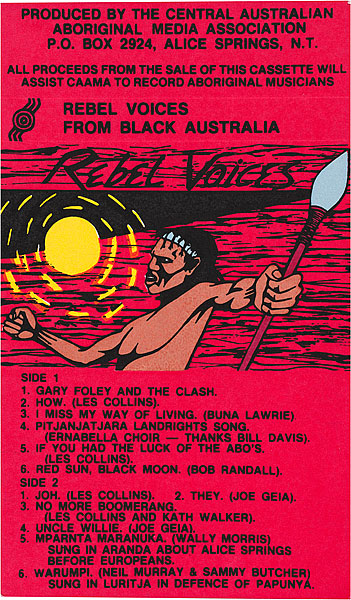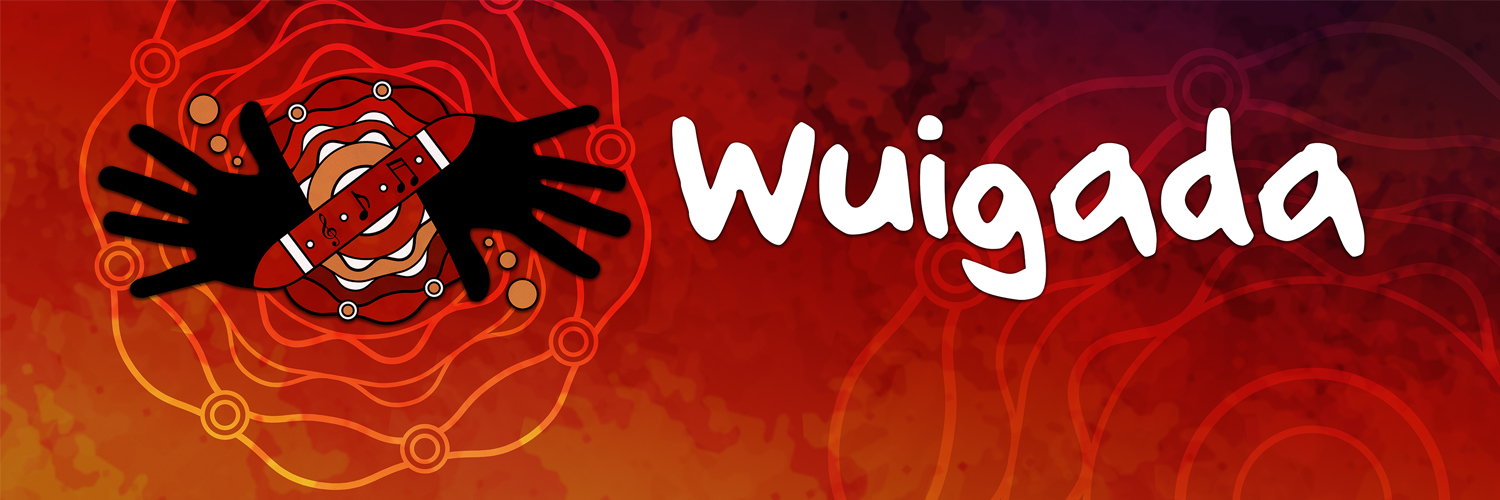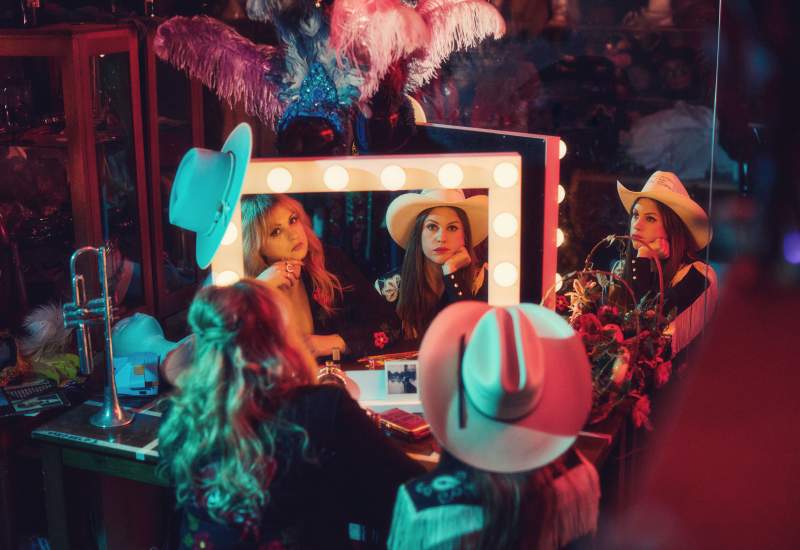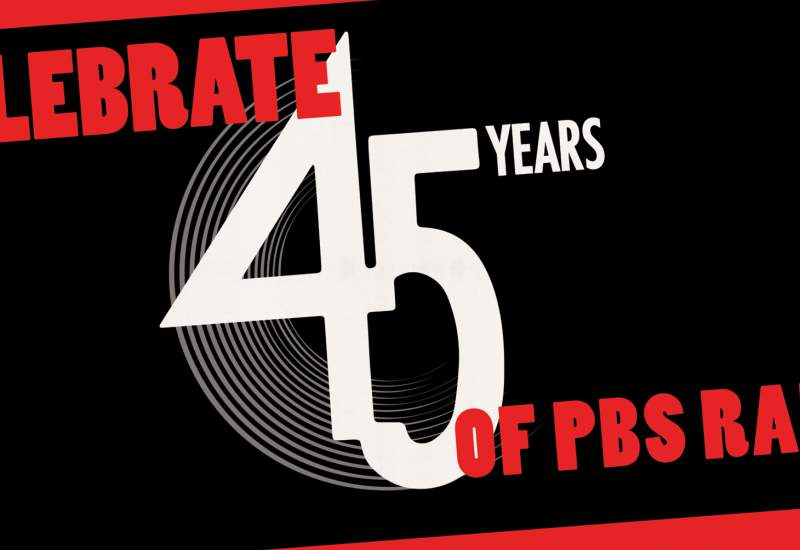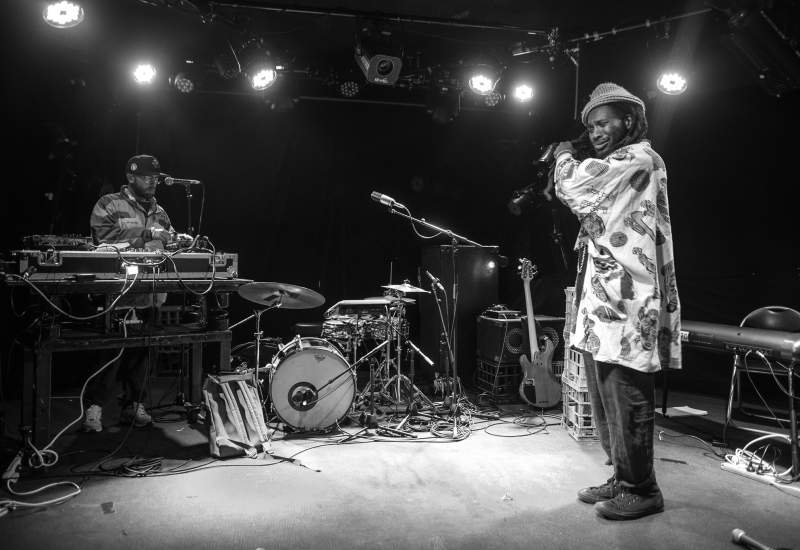Wuigada is a dedicated space where First Nations musicians can share and celebrate music made by other First Nations musicians with PBS audiences.
Wuigada was named and developed by the highly acclaimed indigenous singer songwriter, Kutcha Edwards. Wuigada in Mutti Mutti means 'to sing'.
In this edition of Wuigada we hear from the legendary musician, composer, activist, broadcaster, actor and artist, Marlene Cummins.Marlene's traditional people on her Father’s side are Guguyelandji, and Woppaburra on her Mother’s side. Although she has lived in Redfern for the past few decades, Marlene started her musical and activist career in Queenland as the first recruit of the Australian Black Panther Party, founded by Denis Walker and Sammy Watson Jnr. and then going on to hone her skills as a blues saxophonist and songwriter at the Berklee College of Music Boston in the mid-90s. She released her first full length album, Koori Woman Blues, in 2014. This coincided with the premiere of her biographical documentary film, Black Panther Woman, that she wrote, directed by Rachel Perkins.
It was with great pleasure that we spoke to Marlene for Wuigada. We asked her what she has been working on recently.
"I’ve been doing some live streams, and some song workshops with UNSW, and I’m doing work at the conservatorium of music, which I’ve been doing over COVID as well. That project is called Ngarra-Burria and I’ve been working with Nardi Simpson (Stiff Gins). They select musicians from around the country via zoom and we meet with classical musicians from the Ensemble Offspring and we compose works together and then they perform those pieces. I’m a blues/jazz musician, and there are other musicians from different genres and we work with the classical musical instruments, flutes, cellos, violins, vibraphone and bass clarinet, I’ve been loving it. I’m one of those musicians where I am innovative and creative. I’ve always incorporated different instruments into my blues style.
After we compose a piece they perform it at a venue and it’s always successful. I’ve done work with Sydney Festival, and I’m lucky, especially throughout COVID and just before COVID, I was active in a play. I do cultural song and dance, I work with children, storytelling stories with a moral code drawing on Aboriginal ancestral stories and wisdom. I always knew I had to perform music, it was in my DNA, but I never intended to be a star, I grew up around music. My music has been a platform more so to educate people, my lyrical content is about women heroes, eg ‘Koori Woman’ is a tribute to Aboriginal women nationwide, who I believe are the bacancestralkbone of the struggle. In this song I pay tribute to Truganinni, ‘Mum’ Shirl, Oodgeroo Nunuccal (Kath Walker), my mother Ruth Cummins and Kate McCarthy."
Sydney is my home, I came here for political asylum from Queensland. There is a documentary made about me called Black Panther Woman. I have my own archive of blackfella music, and that’s how I got into broadcasting at Koori Radio in Sydney, I know a lot about blackfella music. I’ve got a huge personal archive where back in the day I sat down at gigs and I recorded stuff live. I make it my business to educate people. When I do my show I put in a blurb about great musicians who influenced me."When asked about a particular song or songs that have influenced Marlene, she responds without hesitation:
"The late great Syvana Doolan from Woorabinda Mission. I’m working on a documentary about Aboriginal jazz blues singers, and Syvana was my biggest hero. She toured with Bran Nue Dae, where she sang ‘Sweet Sister’."
A cassette released by CAAMA in 1984 called Rebel Voices From Black Australia is a release Marlene also flags as an important compilation. In particular the opening track featuring a speech Gary Foley made on stage at a The Clash concert, with The Clash adding instrumentation underneath Gary's words. The Ernabella Choir singing 'Pitjanjatjara Landrights Song' and Les Collins performing 'No More Boomerang' are also highlighted by Marlene from this release.
Here are the songs chosen by Marlene Cummins for Wuigada:
Syvana Doolan - 'Sad Moon'
Ruby Hunter – 'Ain’t No Time'
Joe Geia – 'Yil Lull'
Coloured Stone – 'Dancing In The Moonlight'
Bart Willoughby – 'Aboriginal Woman'
Hard Times - 'Only A Few'
George Burarrwanga & Birdwave – 'My Island Home'
Archie Roach – 'Will I See You Tonight'
Georgia Lee – 'Yarra River Blues'
Inma Choir - 'Pitjanjatjara Landrights Song' (Originally sung by the Ernabella Choir)
Syvana Doolan – 'Sweet Sister' (jump to 43mins)
Listen to the Wuigada playlist in full via YouTube now.
Visit all the Wuigada stories, or check out: Benny Walker, Stiff Gins, Ripple Effect Band, Waveney Yasso, Sue Ray, Troy Jungaji Brady, Dave Arden, Shellie Morris, Deline Briscoe, LJ Hill, Selwyn Burns, Roger Knox and Kutcha Edwards.
Artwork by Dixon Patten. Cover photo by Murray Foote


